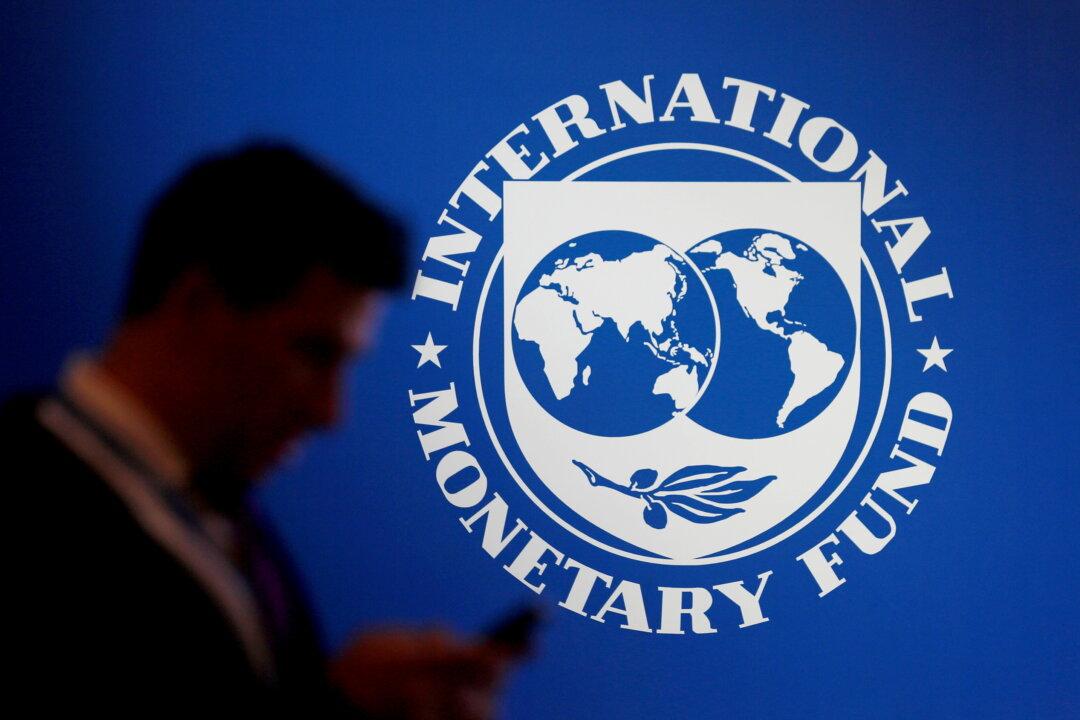The U.S. Federal Reserve should speed up the elimination of its bond-buying program and tighten its monetary policy to rein in the inflationary pressures facing the country, said the International Monetary Fund on Friday.
“We see grounds for monetary policy in the United States—with gross domestic product close to pre-pandemic trends, tight labor markets, and now broad-based inflationary pressures—to place greater weight on inflation risks as compared to some other advanced economies including the euro area,” said Chief Economist Gita Gopinath, and Financial Counsellor and Director Tobias Adrian in a blog post.





